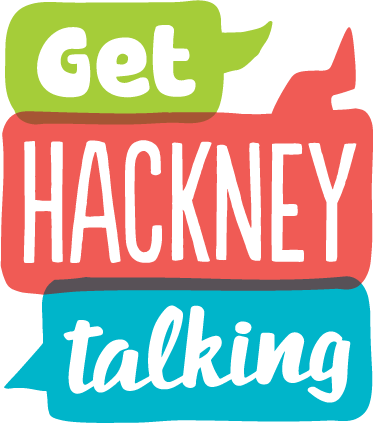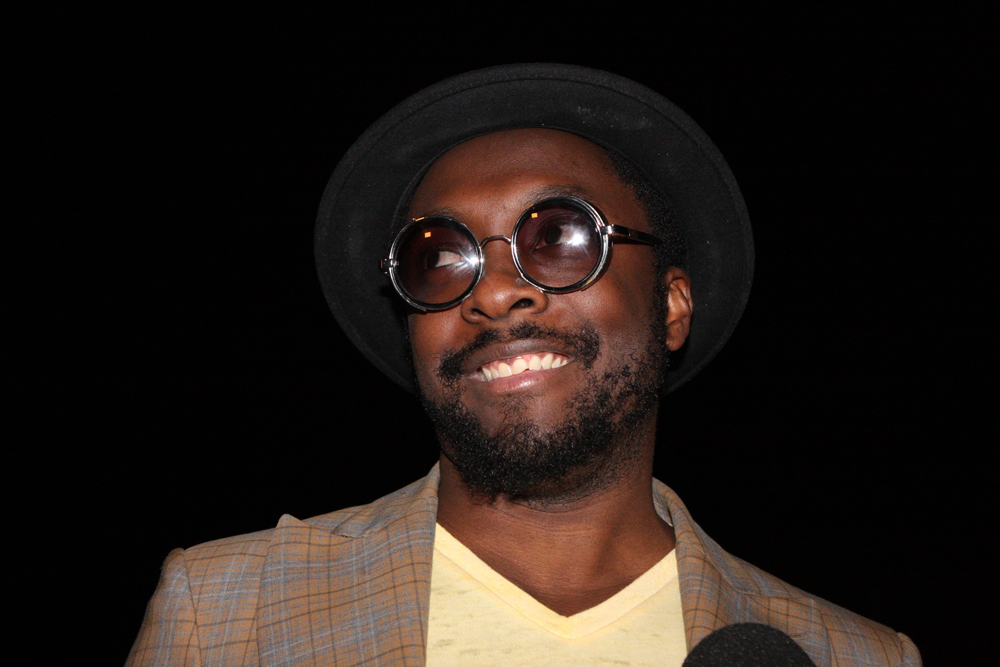Can I refer my child myself?
Yes, please complete this form or call us on 02076834262
I'm worried my child is behind in their talking, how do I know what they should be doing at this age?
You can speak with professionals who know your child well such as your health visitor, nursery staff or school staff. We have some information about typical milestones here. Alternatively, this is a useful progress checker that is a useful guide.
We speak more than one language at home. Will this confuse my child?
No. Speaking more than one language is common all over the world and being multi-lingual has lots of advantages. For more information on multilingualism click here.
Will using signs stop my child from talking?
No, the evidence suggests that using signs will support and encourage your child’s language development.
Using a visual support such as signing can make communicating easier and more successful for your child.
When will my child stop drooling?
It is common for babies and toddlers to drool aged around 6-18 months, but is usually expected to stop before they reach 4 years. You can help by
- Limiting intake of sugary food and drinks
- Encourage your child to round their lips around a spoon while eating and around a straw when drinking
- Raise awareness so your child knows to wipe away saliva when they do drool. Sports wristbands may be a good option to help dab this dry
- Be patient and supportive with your child. For more information and tips click here.
Should I use a dummy?
A dummy in the early days can help babies settle and support sleeping. Some research suggests that using a dummy while your baby sleeps could reduce the risk of SIDS, although the exact reasons for why this is helpful are unknown. Typically, dummies shouldn’t be introduced until breastfeeding is established. If your child was born early or was sick you may have have been advised to use a dummy earlier. As your child gets older it is important to wean them off their dummy to support their communication and speech development. Try and stop before they start to babble at around 8-10 months. Always remove the dummy from your child’s mouth if they do try to talk.
My child coughs at mealtimes, is this normal?
When we are eating and drinking, sometimes our food or drink may ‘go the wrong way’, causing us to cough. This means that the food or drink has started to enter our airway. This happens for us all occasionally. It is also normal in the early stages of development when babies and toddlers are learning cope with new tastes and textures. For some children, coughing at mealtimes can be a sign that they are having difficulty with their swallow. You can speak to your GP in the first instance if you are worried about your child coughing at mealtimes, they may refer your child to a speech and language assessment for an eating, drinking and swallowing assessment.
Can you support us with weaning? When do I know it is time to wean?
Signs of readiness for first solid foods typically appear around 6 months old. These include: being able to sit up and hold their head steady, looking at, picking up and exploring food, and swallowing food rather than pushing it back out. You may receive advice to start weaning sooner (around 4 months) in some cases or babies may reject solids at first. It is helpful to speak to your Health Visitor or GP who will be able to advise in the first instance. Following your baby’s cues will help make mealtimes feel like a positive and safe experience for them. This includes waiting for them to finish their mouthful, watching for when they are ready for more (e.g. opening their mouth) and stopping or taking a break if they show you they do not want it e.g. turning their head or pushing the spoon away.




